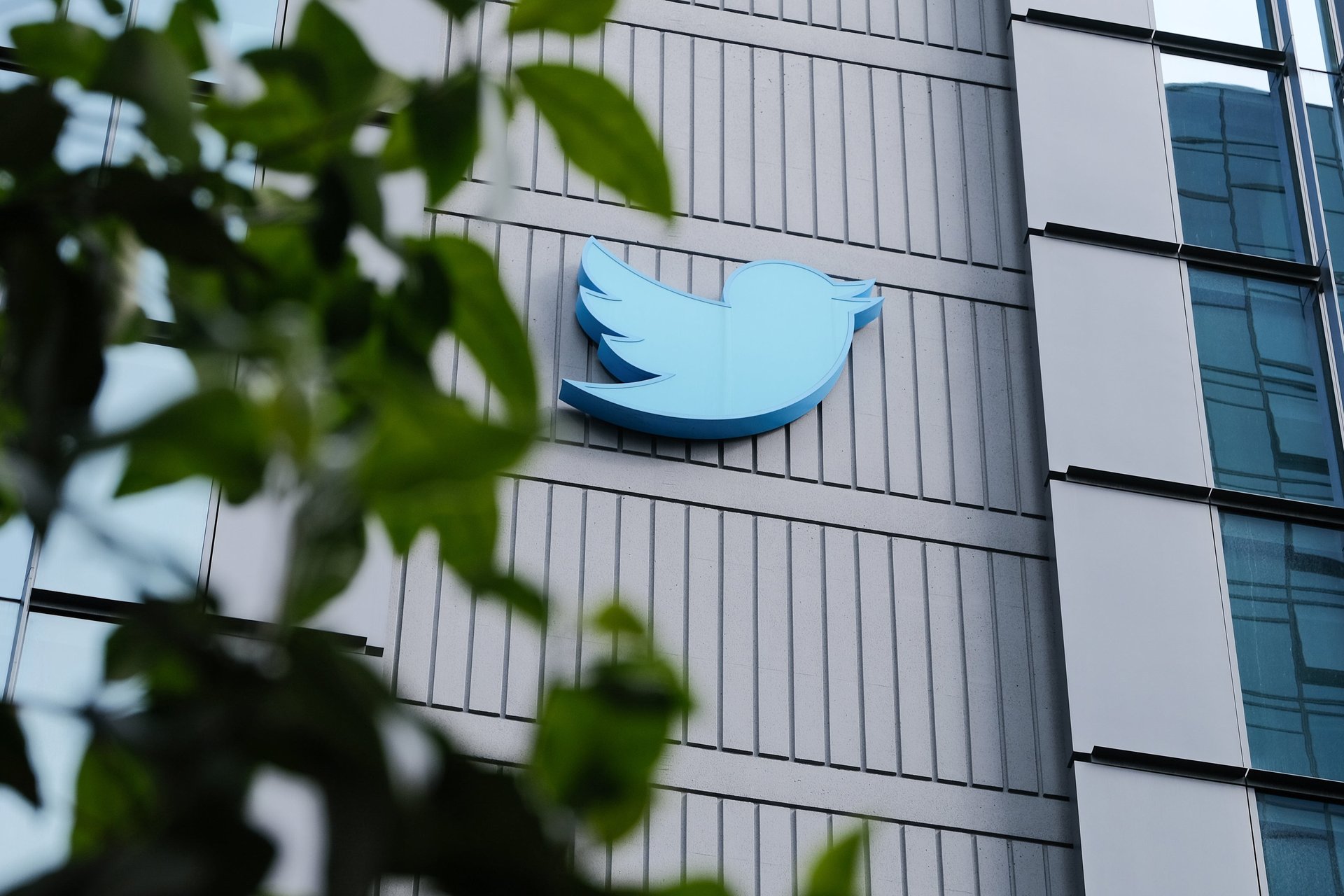Elon Musk is personally ruining Twitter’s ad business
Insider Intelligence says Musk’s behavior will contribute to a 28% ad revenue decline in 2023

Elon Musk isn’t helping Twitter grow as a business. In fact, there’s good reason to believe he’s actively hurting the company’s ability to retain advertising dollars and bring in new revenue.
The market research firm Insider Intelligence expects that Twitter will bring in $2.98 billion in advertising revenue in 2023, which represents a 28% drop from the $4.14 billion it made in 2022.
“The biggest problem with Twitter’s ad business is that advertisers don’t trust Musk,” Jasmine Enberg, principal analyst at Insider Intelligence, wrote in a statement on April 10. “None of Twitter’s efforts to bring back major advertisers—including ad incentives and brand safety partnerships—will work with Musk at the helm. Twitter needs to unravel Musk’s personal brand from the company’s corporate image to regain advertiser trust and bring back ad dollars.”
Since Musk took over in October 2022, he has sowed chaos on Twitter, rolling back the social media platform’s community rules and dismantling the verification system that users and business rely upon, leading to near-daily confusion about the policies and direction of the website.
Twitter is still an ad-dependent business
While Musk has promised to shift Twitter’s revenue dependence away from advertising with the help of the $8-per-month Twitter Blue subscription, there’s good reason to believe that new subscriptions are not replacing the lost marketing dollars.
“The blue check mark no longer stands for credibility,” Enberg wrote. “It represents clout on a platform whose cultural relevance is fading, along with support for Musk. There’s no reason for previously verified individuals and organizations who relied on the blue check mark to establish authority to pay, and many users don’t want to be seen as supporting Musk and what they believe he represents.”
Eric Perko, the CEO and founder of the media agency Apollo Partners, told Quartz that Twitter has never been a “must buy” for most advertisers, and the current “uncertainty and volatility” have led many companies to rethink their relationship with the platform.
“The shifts due to Musk’s leadership could result in the platform being stronger down the road, but that doesn’t seem to be the case yet,” Perko said, adding that brands aren’t “worrying much” about when they’ll return to spending on the platform.
Musk says Twitter is “trending to breakeven”
While Twitter may be Musk’s favorite social media platform, he may have over-thought its centrality and importance to advertisers. At a time when many companies are cutting their marketing budgets and pulling back their spending, Twitter is proving an easy sacrifice for tightened wallets.
In an interview with Reuters on April 11, Musk said Twitter was “trending to breakeven” after slashing headcount from 8,000 to 1,500 since he took over. But breaking even won’t be enough: Since he bought Twitter in a highly leveraged buyout, Musk owes $1 billion just to service his loans each year. Until he can find alternative ways to make money, the hit from advertisers is going to really hurt Twitter’s bottom line.
